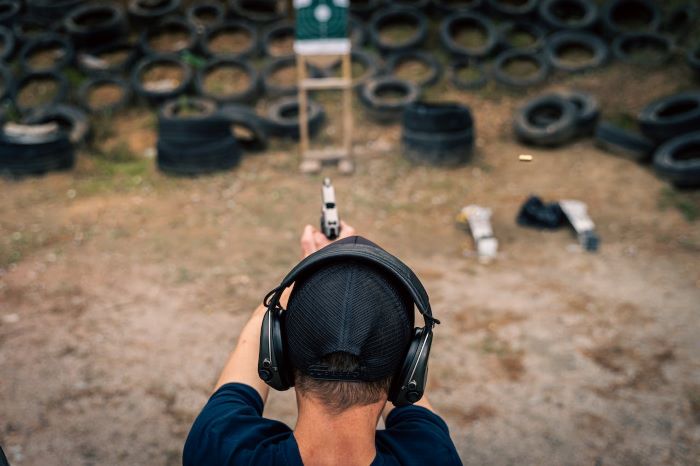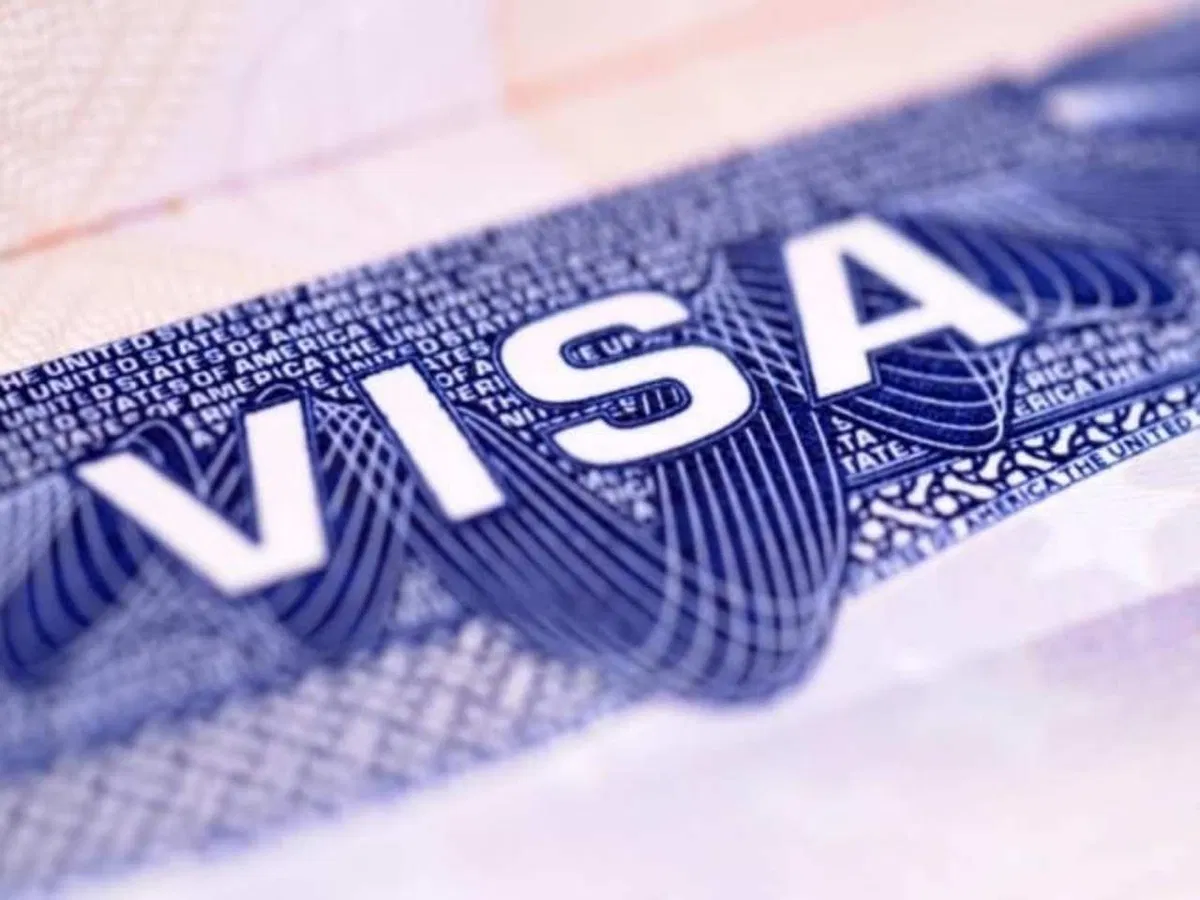Choosing a personal defense firearm is a significant decision that requires careful consideration of various factors. The decision to own and potentially use a firearm for personal defense comes with the responsibility to understand its implications fully. Here we will discuss the key factors one must consider when selecting a personal defense firearm, ensuring that the choice is appropriate, effective, and responsible.
1. Legal Considerations
Before considering any firearm, it’s paramount to understand and comply with local, state, and federal laws regarding firearm ownership and carry permits. Laws vary widely between jurisdictions, and what might be legal in one area could be prohibited in another. Additionally, consider the legal implications of using a firearm in self-defense, as these actions are subject to legal scrutiny.
2. Purpose and Personal Situation
Understanding the intended use of the firearm is crucial. Whether for home defense, concealed carry, or both, different scenarios might require different types of firearms. Your living situation, family members, and frequent environments should influence your choice. For instance, a handgun like the SIG SAUER P365 X MACRO might be suitable for concealed carry, whereas a shotgun might be preferred for home defense.
3. Comfort and Handling
The firearm you choose should be one that you are comfortable handling. This includes the size and weight of the weapon, the fit in your hand, and your ability to operate it confidently. A firearm that is too heavy or with a grip too large or small can affect your ability to use it effectively. It’s important to physically handle several models to find the one that suits you best.
4. Caliber and Stopping Power
The caliber of the firearm is a critical consideration. While higher caliber rounds offer more stopping power, they also produce more recoil, which can be challenging for some shooters to manage. Balancing stopping power with manageability is key. For many, a 9mm pistol strikes a reasonable balance, providing sufficient stopping power with manageable recoil.
5. Reliability and Maintenance
A personal defense firearm must be reliable. Researching different brands and models for their track record in reliability, reading reviews, and speaking to experienced firearm owners can provide insights into which firearms are most dependable. Additionally, consider the ease of maintenance and cleaning, as a well-maintained firearm is more likely to perform reliably when needed.
6. Capacity and Reload Ease
The capacity of the firearm, or how many rounds it can hold, is another factor. More rounds mean less frequent reloading but can also mean a larger, heavier firearm. The ease of reloading under stress is also important. Practice and training can improve reloading speed and efficiency.
7. Safety Features
Modern firearms come with various safety features, including trigger safeties, grip safeties, and manual safeties. Understanding these features and how they work is crucial for safe operation. Some prefer firearms with minimal safety mechanisms to avoid potential complications in high-stress situations, while others prefer additional safety features for added security.
8. Training and Practice
Selecting a firearm that you are willing and able to train with regularly is essential. Regular practice is necessary to maintain proficiency, and this should be a significant factor in your decision. The availability of ammunition and the cost of practice should also be considered, as these can vary greatly between different calibers and firearm types.
9. Concealment Needs
If you plan to carry your firearm concealed, its size and shape are important. Larger firearms are more difficult to conceal and can be uncomfortable to carry for extended periods. The choice of clothing and holsters also plays a significant role in effective concealment.
10. Budget and Cost
Finally, consider your budget not only for the initial purchase but also for ongoing expenses such as ammunition, accessories, maintenance, and training. Investing in a quality firearm that fits your needs is important, but it shouldn’t strain your finances unduly.
Conclusion:
Selecting a personal defense firearm is a decision that should not be taken lightly. It involves a careful balance of legal, practical, and personal factors. Each potential firearm owner must assess their unique situation, needs, and capabilities to make an informed choice. Above all, the commitment to ongoing training, safe handling, and responsible ownership is paramount in the role of a firearm in personal defense. Remember, a firearm is a tool, and its effectiveness is largely dependent on the skill and judgment of the user.





